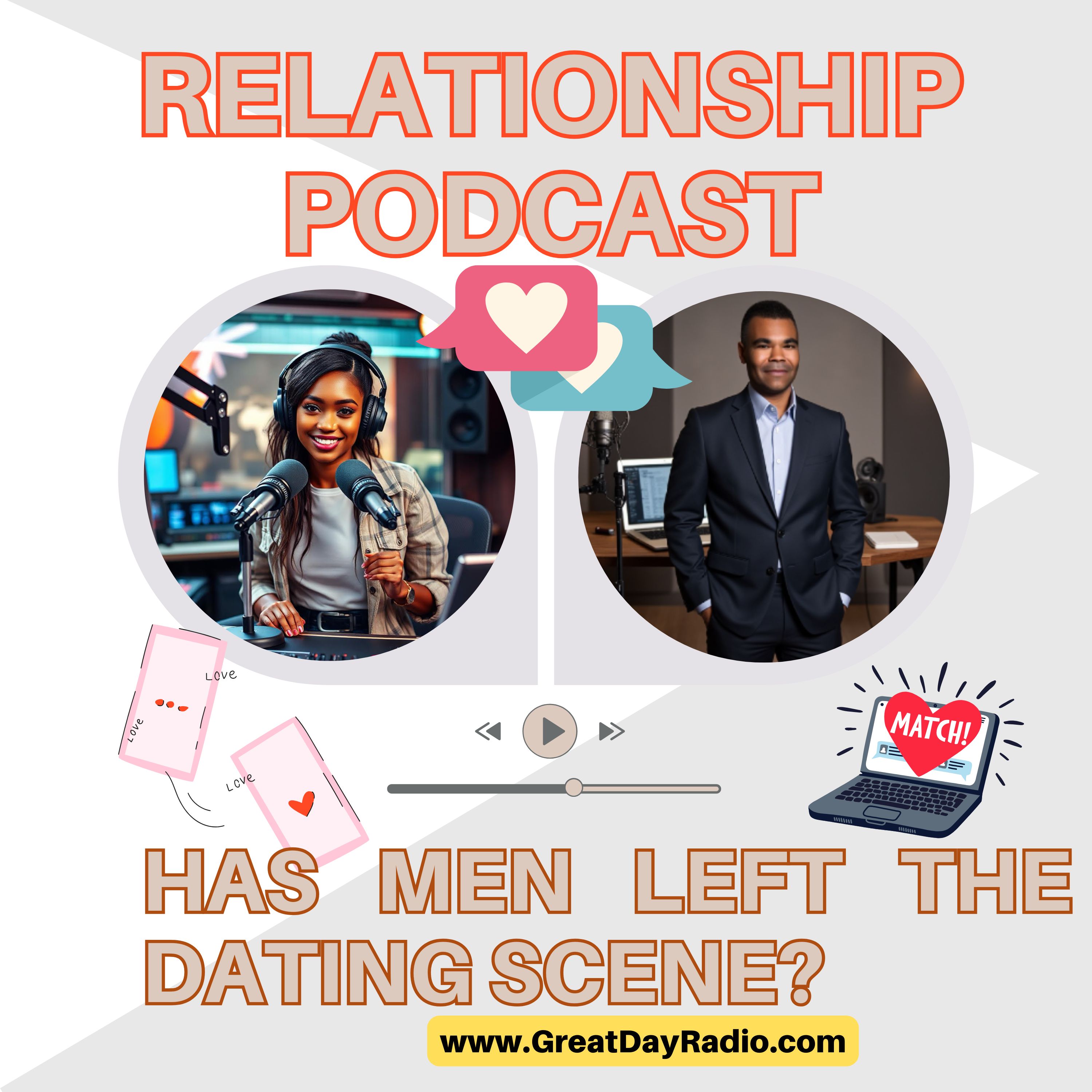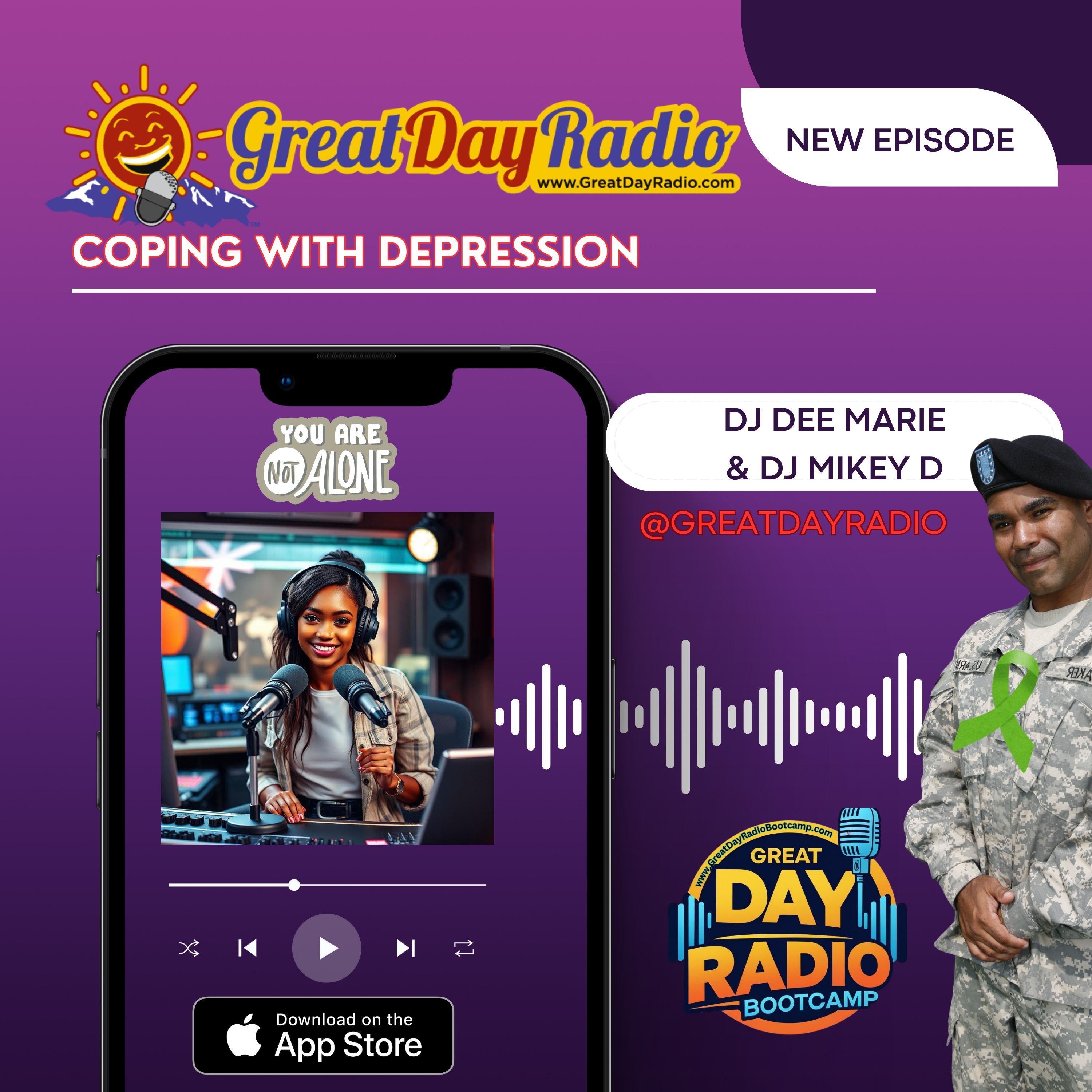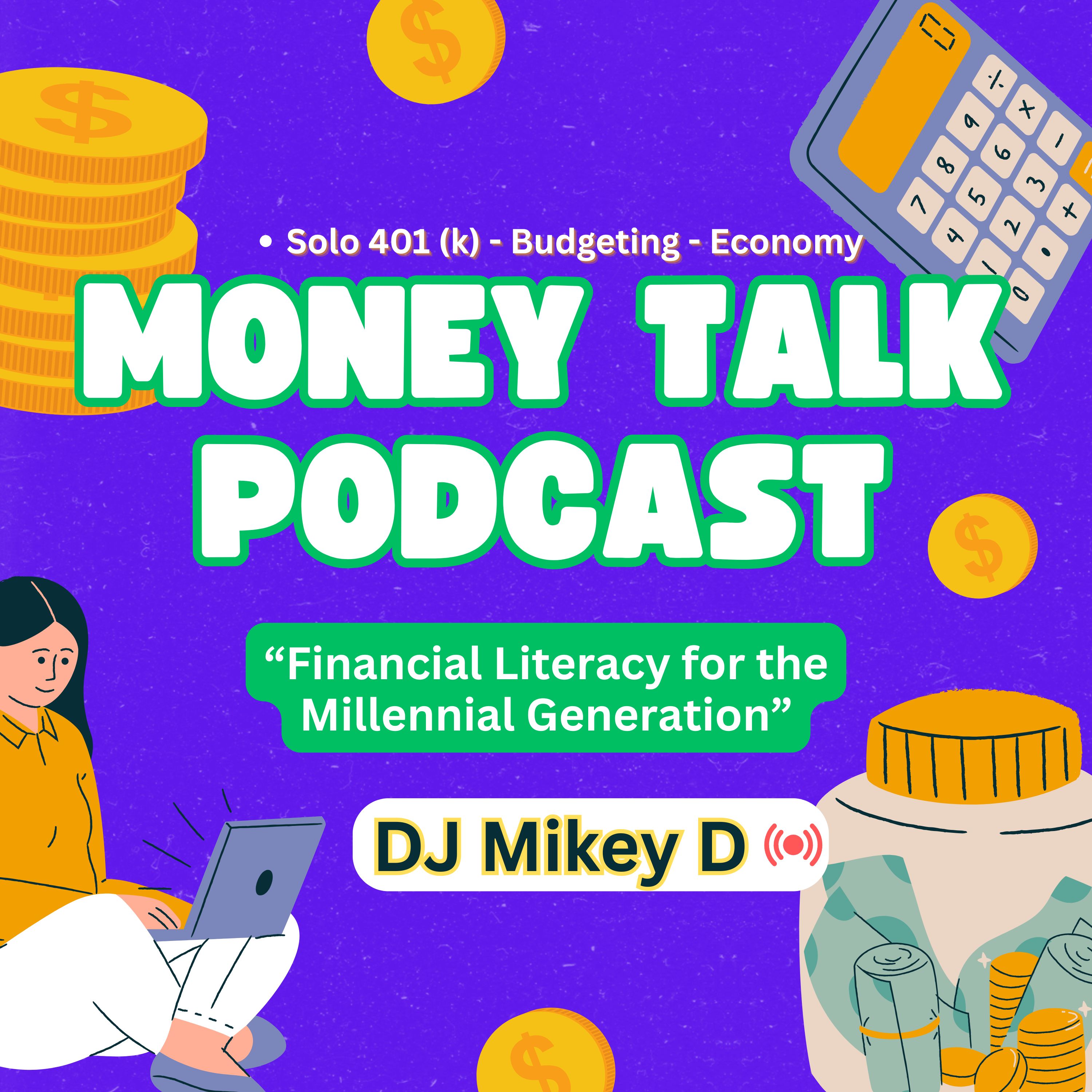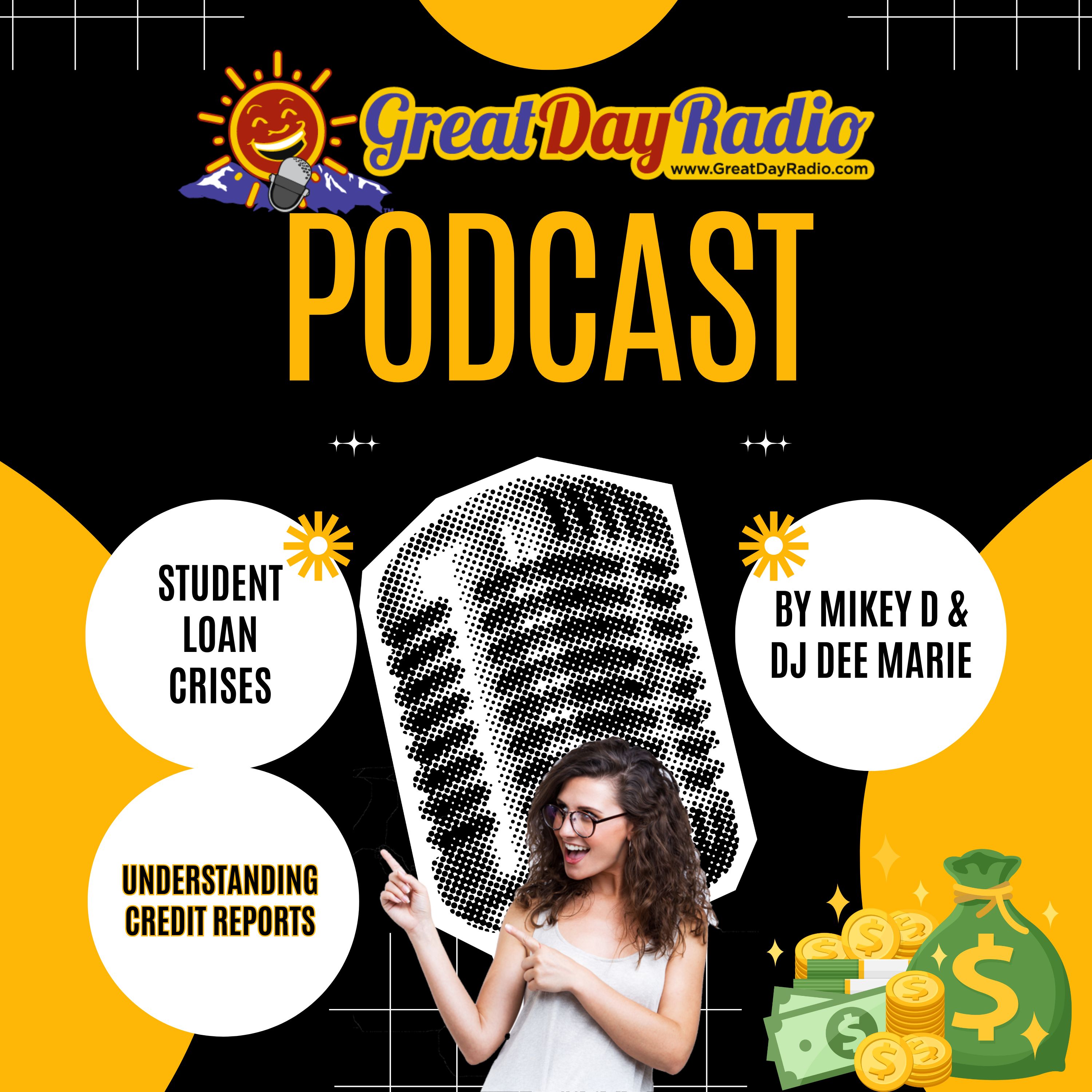
Why 68% of Men Are Abandoning the Dating Scene?
Are you suffering from "connection inflation"? More matches, fewer relationships. Our latest episode dives into the neuroscience of dating app fatigue and offers solutions for more authentic connections. What's your experience?
The modern dating landscape has transformed dramatically with the rise of dating apps and social media, but this transformation comes with a significant cost. Recent studies reveal a troubling trend: over 68% of men are stepping back from dating altogether, citing emotional burnout and fatigue. This isn't merely anecdotal evidence but a documented phenomenon that psychologists and relationship experts are increasingly concerned about.
The paradox of choice plays a central role in this growing crisis. Barry Schwartz's groundbreaking research demonstrates that having too many options doesn't lead to better decision-making or satisfaction—quite the opposite. Dating apps present users with virtually endless potential matches, creating a paralyzing effect where people struggle to commit to any single choice. Even when they do make a selection, they often experience less satisfaction, constantly wondering if they missed out on someone better. This phenomenon creates a perpetual state of dissatisfaction and FOMO (fear of missing out) that undermines the foundation of relationship building.
Perhaps most concerning is what researchers call "connection inflation"—we're experiencing more initial interactions than ever before but forming fewer meaningful relationships. The neuroscience behind this trend is particularly revealing: digital interactions fail to trigger the same levels of oxytocin (the bonding hormone) as face-to-face meetings. This neurological reality means that despite being more "connected" than ever, people are experiencing less emotional satisfaction from their interactions. It's a classic case of quantity over quality, leaving many feeling empty despite constant engagement with potential partners.
Men face unique challenges in this environment, caught in what researchers describe as a "double bind." Modern expectations demand emotional vulnerability in relationships while simultaneously requiring the maintenance of traditional masculine traits. This contradiction creates intense psychological pressure that many men find overwhelming. The statistics are sobering: men report higher levels of anxiety and depression related to dating than ever before, yet they're less likely to seek support or discuss these challenges due to persistent societal stigma around male emotional expression. This perfect storm of expectations and limited emotional outlets contributes significantly to the dating burnout epidemic.
The addictive nature of dating technology further complicates matters. Social media and dating apps have essentially rewired our reward systems, creating addiction-like patterns where users become dependent on the validation of matches and likes. However, this digital validation rarely translates into meaningful connections, leaving users in a cycle of seeking temporary emotional highs without substantive relationship development. This pattern has led to what experts term "romantic unemployment"—a state where individuals are technically available but too emotionally exhausted to actively pursue relationships.
Interestingly, the research suggests that taking breaks from dating can be beneficial. People who step back to process their experiences and recalibrate their emotional well-being tend to make better relationship choices when they return to dating. This finding validates the growing trend of "dating detoxes" and suggests that intentional pauses might be a healthy response to an overwhelming environment. Younger generations appear to be leading this shift, prioritizing mental health and setting boundaries with technology in ways that challenge traditional dating patterns.
The path forward requires a fundamental rethinking of how we approach relationships in the digital age. Moving toward more sustainable dating practices means embracing quality over quantity, being more intentional about the connections we pursue, and creating spaces for authentic emotional expression. For men specifically, building supportive communities where open dialogue is encouraged can help break down traditional barriers to emotional expression. The future of dating might not be about having more options but about being more present and authentic with the connections we choose to nurture.
"We're essentially trying to fill an emotional need with a digital solution that can't deliver what we're looking for." Our new episode explores how dating apps rewire our brains and why meaningful connections are harder to find than ever. #ModernDating
Great Day Radio Sources:





